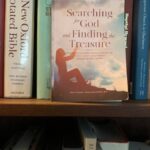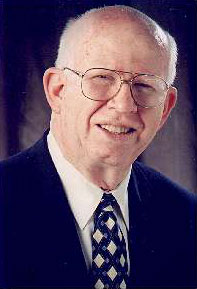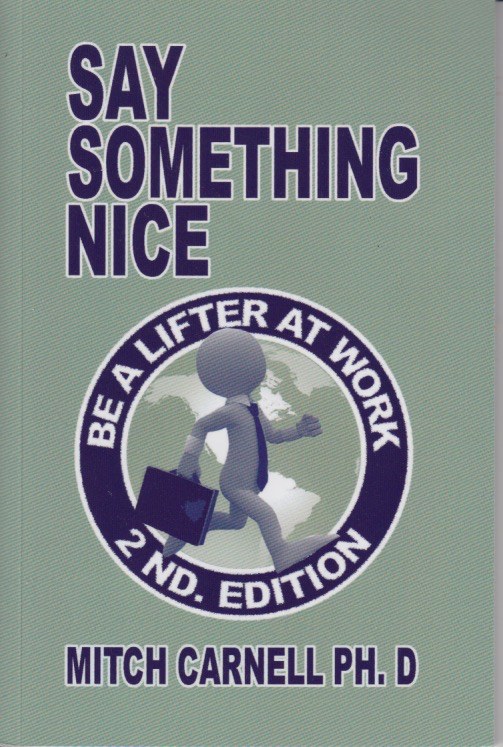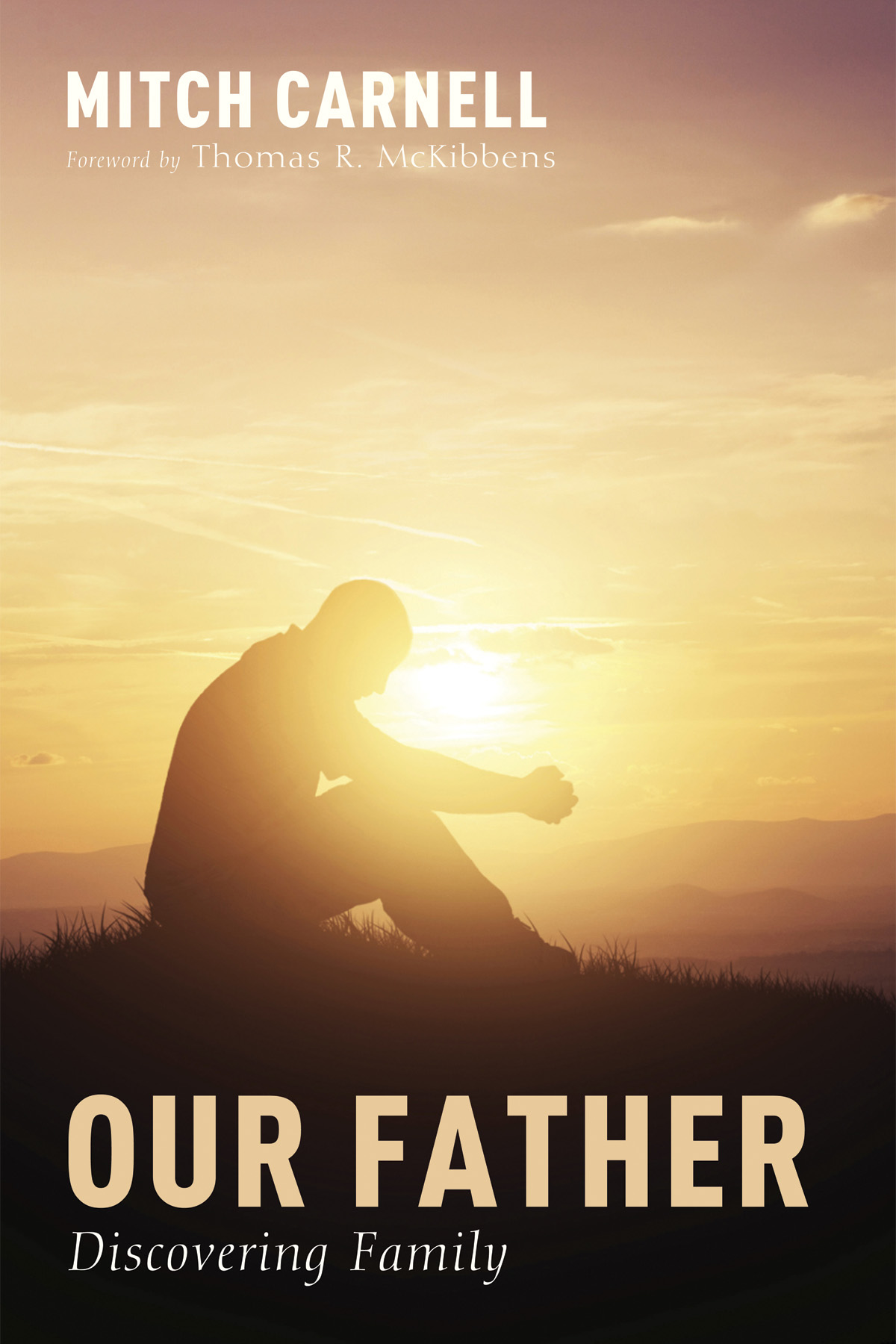| Mitch Carnell Posted: Monday, September 10, 2012 5:23 am
What gifts were you given, and how have you employed them to further God’s kingdom? During a discussion of talent, I said to Paula Carl, a gifted pianist, organist and conductor, “I am wary about using the term ‘talented’ because I don’t want to imply that you don’t work very hard at what you do. I know you spend hours in preparation.” Paula’s sister, Sarah Hatchet, chimed in, “God lays the foundation, but you have to do the building.” Paula continued, “I would like to get to the place where I just go to a service to worship and not play the organ, but not yet. I believe that I am a music missionary. I still want to contribute.” Paula is an iterant organist. There are many churches in our area that do not have an organist on staff or a church member who can fill in when the organist is absent. Paula and another friend fill a vital need in that regard. She has played at Baptist, Catholic, Disciples, Episcopal, Huguenot, Lutheran, Methodist and Presbyterian churches. She also directs a choir composed of senior citizens from two congregations. She both arranges and composes music. I am forever grateful to the long gone Baptist Training Union for introducing me to public speaking and giving me a shove in that direction. We had to stand and read or recite our parts. Of course, there were giggles and snarky comments, but even those helped prepare us for what would come later. In later years, I taught adult Sunday school classes for more than 30 years. Paula started playing the piano as background music for Rotary Club lunches when she was 12 years old. My friend, Monty Knight, started singing solos in church as a preteen. My grandniece is a junior in college, but has already been on three mission trips, two of which were overseas. Her pastor suggested that she use her considerable soccer skills to attract young people on those trips. She has continued to develop those skills on top of her God-given agility. The late Rev. Dr. Lindy Sawyers first came on the religious scene as an elementary school-age singer traveling with his mother, an itinerant Pentecostal preacher. He never relinquished his involvement with music, but ended his career as an editor at a mainline Christian denomination. His early music experiences undergirded his preaching, writing and editing. He never stopped building on the foundation that had been laid. The Rev. Ansel McGill, my boyhood friend and mentor, came out of the same Baptist Training Union as I did. He has a beautiful, deep, bass voice and started singing solos as a preteen. His path would lead him into the pulpit ministry, but he never relinquished his singing. One gift enhanced the other. How do we discover, develop and use what we have been given to inspire, motivate or encourage others to develop and use their talents for the betterment of others? The administrative assistant to our pastor is a radiant Christian. She has developed her skills as a graphic artist and computer whiz to the point that our church publications serve as ambassadors for our church. She never misses an opportunity to encourage others. I am astonished at the talents and gifts that are present in our congregation, which is not large. If these gifts are so prevalent in our church, they must be present in all the others. Many of these talents are not being utilized. A larger problem is that so many members feel as if they have nothing to share. Even in church, we define creativity too narrowly. People have no difficulty identifying musical or speaking skills as creative; however, they are less likely to identify planning, organizing or financial skills that way. Hal is a whiz at finances. Mary Martha and Joyce are great at flower arranging. Lucille is a master gardener. Clyde is perfect as a greeter. Larry is an expert on construction. Myra is a networking junkie. Anne is a wonderful tour guide. Malcolm is a historian. Dean and Merv are wonderful photographers. When these skills are utilized, the entire congregation benefits. Pete is a master cabinet maker who has contributed several beautiful pieces to his congregation. Bernie is a dietitian and has enhanced many of her congregation’s dinners. Carol is a watercolor artist who generously helps several congregations. One year when I served as chair of the diaconate, I asked all of the members to commit to writing what gifts they were willing to offer, in addition to financial support, to God and the church that year. I collected their responses and dedicated them during the new deacon ordination service. We had a wonderful year. Not a single member refused any request I made of her or him. That experience taught me that we need to find ways to help others discover their gifts and to encourage them to develop those gifts. Then we must use them in a meaningful way to carry out the work of the church. Mitch Carnell is a consultant specializing in interpersonal and organizational communication. He is the editor of “Christian Civility in an Uncivil World.” He and Carol are members of First Baptist Church of Charleston, S.C. He blogs at MitchCarnell.com. |














